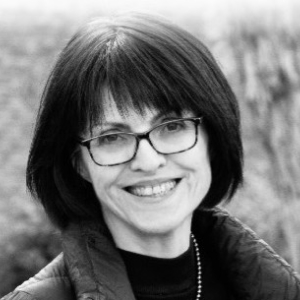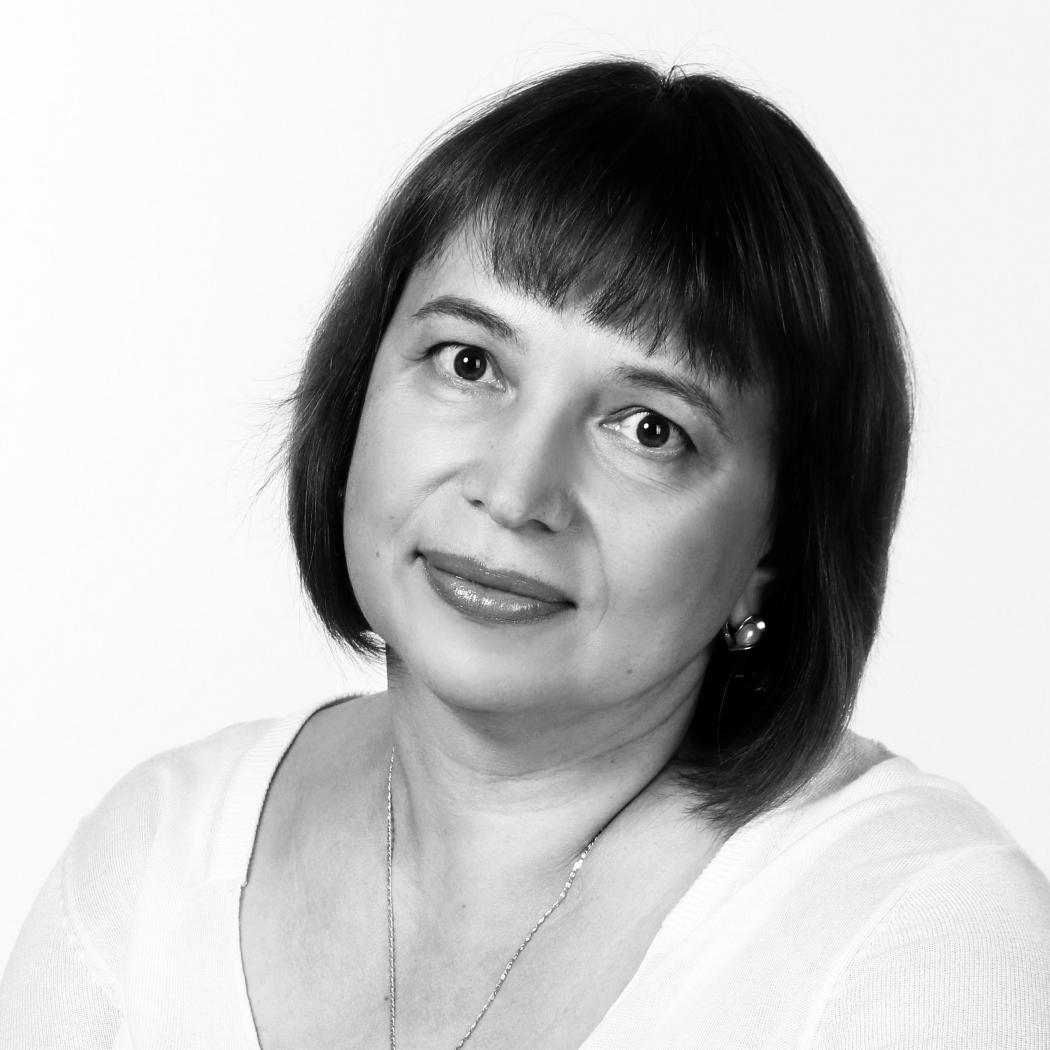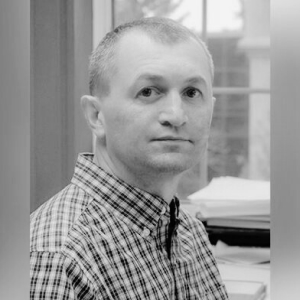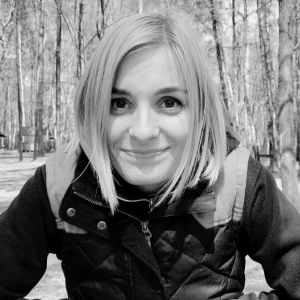Ukrainian Displaced Persons in Canada post 2022:
Making Home in Times of Peace and War

Ukrainian Displaced Persons in Canada post 2022: Making Home in Times of Peace and War (the 'Making Home Project') is an oral history project initiated by CIUS and the Huculak Chair in Ukrainian Culture and Ethnography.
The project focuses on the experiences of Ukrainian displaced persons in Canada and their strategies in maintaining a sense of home and belonging for themselves and their families. Displaced persons and their families have not only faced the challenges of displacement due to war, but also challenges of adaptation to a foreign country. Moreover, for many, the departure from another temporary host country to Canada marks their secondary displacement.
What means and strategies have these individuals relied on to make sense of their departures and arrivals? What means and strategies do they utilize to recreate a sense of belonging and a sense of home while in Canada? What challenges, opportunities and means are they pursuing to achieve a sense of settledness and sense of home now in Canada? The experience of leaving home while fleeing the war had certainly affected these individuals. In what ways? Can we ascertain how these experiences as well as memories of these experiences will affect Ukrainian displaced persons and their future communities?
Through oral history interviews, the Making Home Project is creating a historical record of Ukrainian displaced persons who, since the full-scale Russian invasion of Ukraine on 24 February 2022, have moved to and settled in western Canada. These interviews provide intimate glimpses into a singular moment in time and will be preserved and archived for future research and insight on Ukrainian/Canadian life.
The Making Home Project is unique in its positioning as both a Canada-focused initiative and as one part of a broader European research network conducting complementary analysis on homemaking, identity, and the circumstances of peace and war.
The Making Home Project is a sister project to Sharing Home, an outcome of the graduate-level course "Oral History: Theory and Praxis" offered by the Department of Modern Languages and Cultural Studies at the University of Alberta. Sharing Home seeks to find and record the stories of ordinary Edmontonians who opened their homes and hearts to Ukrainians displaced by the Russian full-scale invasion of Ukraine.
The Making Home Project is co-hosted by the Kule Ukrainian Canadian Studies Centre at the Canadian Institute of Ukrainian Studies, University of Alberta and the Huculak Chair in Ukrainian Culture and Ethnography at the Kule Folklore Centre. The work is conducted with support from and in association with the Ukrainian Canadian Congress - Alberta Provincial Council.
Research Team

Natalia Khanenko-Friesen (Project Lead) is the Director of the Canadian Institute of Ukrainian Studies and Professor and Huculak Chair in Ukrainian Culture and Ethnography at the University of Alberta. She is an expert in the areas of oral history, ethnicity, migration, post-socialist transition, and Ukrainian, Eastern European, and Ukrainian Canadian cultures.

Alla Vashchenko is a Ukrainian Displaced Person who settled in Edmonton in the summer of 2022. She holds PhD in history and is a community-based oral historian and former educator.
Alla’s positionality and experience in education and oral history is an important asset to the Making Home project.

Taras Lupul is a visiting researcher in the University of Alberta's Department of History, Classics and Religion through the Scholars at Risk Ukraine Fellowship.
He is also a curatorial assistant at the Kule Folklore Centre. His scholarly background has heavily focused on migration, settlement, and historic Ukraine-Canada relations.

Mariia Burtseva came to the Canadian Institute of Ukrainian Studies as a visiting researcher via the University of Alberta’s Disrupted Ukrainian Scholars and Students (DUSS) initiative.
Her research interests include Canadian studies, immigration policy, and mass media.